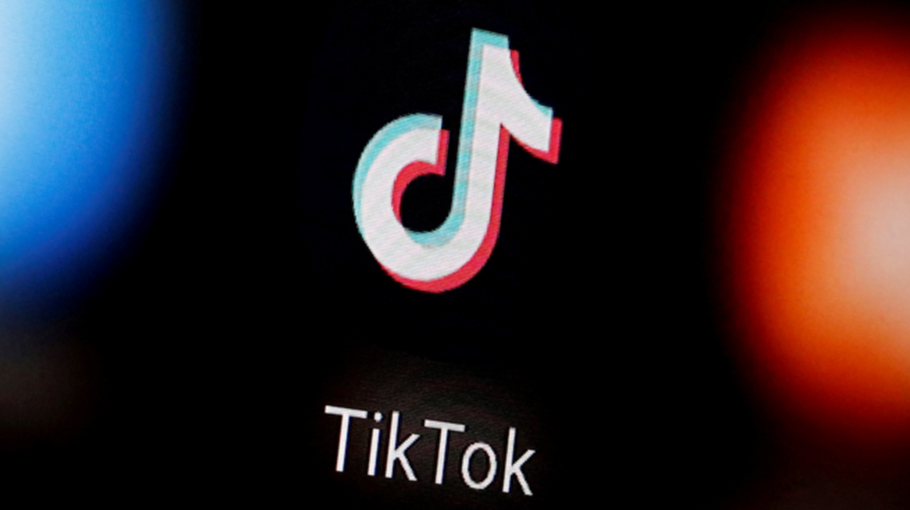Why a foreign-based app’s influence on political messaging raises concern

In a resounding display of bipartisan unity, the US House of Representatives recently passed legislation to safeguard American data from potential foreign adversaries. The bill, dubbed the Protecting Americans from Foreign Adversary Controlled Applications Act, has ignited significant debate, especially concerning its implications for the popular social media platform TikTok.
With 352 votes in favor and 65 opposed, the overwhelming support for the bill underscores its bipartisan consensus. If implemented, this legislation would require ByteDance, TikTok’s Beijing-based parent company, to divest its stake in the platform within six months. Failure to comply would result in the platform’s ban from US app stores and web-hosting services.
The urgency with which this bill was fast-tracked indicates the gravity of the situation. American lawmakers are deeply concerned about the potential exploitation of user data by foreign entities, particularly in light of China’s national security laws, which mandate cooperation with intelligence-gathering efforts. The fear that the Chinese government could leverage TikTok to access the data of its 170 million American users has alarmed legislators across the political spectrum.
FBI Director Christopher Wray’s testimony before the House Intelligence Committee highlighted these concerns. Wray emphasized the risks of allowing a foreign entity access to vast amounts of personal data, highlighting the potential for compromising Americans’ devices and manipulating information dissemination through TikTok’s recommendation algorithm.
At its core, this legislation is not about stifling innovation or impeding free expression; it is a proactive measure to protect national security and individual privacy. The proliferation of digital platforms has opened new avenues for connectivity and communication but has also exposed users to unprecedented vulnerabilities.
The question is not whether to embrace technological advancement but how best to limit its associated risks. By holding ByteDance accountable and imposing necessary safeguards, the US is committed to preserving its digital infrastructure’s integrity while upholding the privacy and security values fundamental to democracy.
Critics may argue that the ban on TikTok infringes upon personal liberties or stifles competition in the social media landscape. However, such concerns must be weighed against the paramount importance of national security. The potential ramifications of allowing a foreign government unfettered access to American user data far outweigh any short-term inconvenience. Furthermore, this legislation sends a powerful message to other tech giants operating in the US: Compliance with regulatory standards and respect for user privacy are non-negotiable. Governments must remain vigilant in safeguarding digital sovereignty in an era of increasing cyber threats and geopolitical tensions.
Recent claims suggesting that America’s move to ban TikTok is an attempt to overshadow the Gaza conflict following the terrorist attack against Israel on Oct. 7, 2023, are not only misleading but also misinformed. These assertions fail to acknowledge the timeline of events and the broader context surrounding the ban.
Contrary to the narrative being propagated, the ban on TikTok predates the recent events in Gaza. In fact, Congress took decisive action in December 2022 by passing the No TikTok on Government Devices Act, which prohibits downloading or using the app on any federally issued device or network. This legislation was not a knee-jerk reaction to geopolitical developments but rather a proactive measure to address legitimate concerns regarding national security and data privacy.
The question is not whether to embrace technological advancement but how best to limit its associated risks.
The No TikTok on Government Devices Act underscores a broader global trend, with more than a dozen countries also implementing similar bans on TikTok from government devices. This collective action reflects widespread recognition of the risks associated with the app’s ownership by a foreign-based company and the potential implications for sensitive government information.
It is essential to recognize that the decision to ban TikTok from government devices is rooted in concerns about data security and potential foreign influence rather than being driven by geopolitical agendas. With the increasing digitization of government operations and the growing reliance on technology for critical functions, safeguarding sensitive information from unauthorized access or manipulation is paramount.
The danger posed by the app became evident when TikTok sent notifications urging users to contact their representatives to oppose that measure. The app provided a direct link to call their district representatives. Lawmakers have been overwhelmed with threatening messages. Reports indicate that numerous offices have received approximately a dozen violent threats. One House aide disclosed receiving multiple calls from individuals implying self-harm if legislation targets the app.
Recently, Sen. Thom Tillis from North Carolina shared a disturbing voicemail his office received, where the caller threatened to “shoot” the lawmaker if he supported the app’s ban. The caller’s menacing words, filled with laughter and delivered by someone who sounded youthful, are deeply troubling. Tillis rightly pointed out on social media that such threats against elected officials could constitute a federal offense, primarily when fueled by misinformation campaigns orchestrated by foreign companies like TikTok.
These incidents underscore the concerning influence that social media platforms can wield over their users, especially when used to disseminate political messaging. The ease with which individuals can be mobilized to take extreme actions highlights the need for greater scrutiny of online platforms and their potential to incite violence or intimidation, especially among young users.
TikTok’s involvement in this scenario is a stark reminder of the broader challenges posed by foreign-controlled platforms and the imperative to safeguard against manipulation or coercion. As lawmakers navigate these turbulent waters, it is essential to prioritize the security and well-being of all individuals involved in the political process.
As the bill advances to the Senate, lawmakers must prioritize the interests and safety of the American people above all else.
Supporting measures to mitigate the risks posed by foreign-controlled applications like TikTok shows a real commitment to protecting the integrity of American democracy. Now is the time for decisive action to secure the digital future of the US.
Dalia Al-Aqidi is executive director at the American Center for Counter Extremism. X: @DaliaAlAqidi
Source: Arab News


